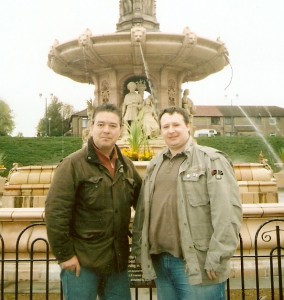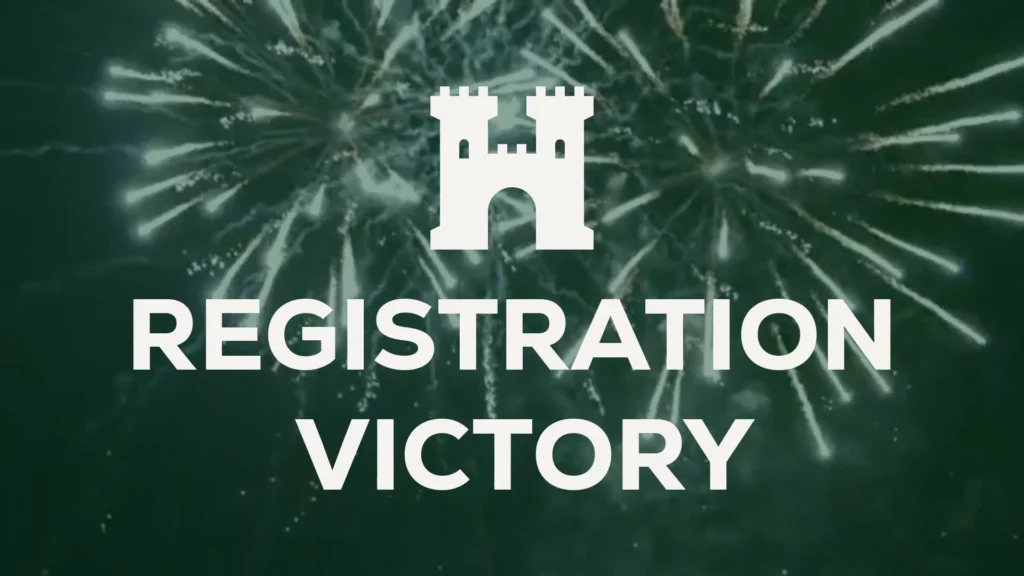The UK has a new nationalist political party following yesterday’s decision by the Electoral Commission to accept the registration of the Homeland Party.
A previous attempt to register the Homeland Party had been turned down, which meant that the party’s name could not appear on ballot papers. Several Homeland Party members serve on parish/community councils, the lowest tier of local government, without a party label. But while it is common for non-partisan councillors to serve at that level, registration with the Commission was necessary if the party was to make serious progress.
Welcoming the decision, a Homeland Party press release stated that their party is dedicated to bringing about democratic change, which is often obstructed by the old gang parties; we will never shy away from enacting the will of the people. We are proud to be the first party in the country to call for a binding referendum on immigration, an idea that is gaining traction across Europe. We are calling for proportional representation and for more power to be devolved to a local level.
Our plans are centred around the needs of the people we serve. From community care to the environment, economy, and much-needed political reform, the Homeland Party will work tirelessly to build a future for our children rooted in fairness and justice.

The UK now has two active political parties which could be termed “racial nationalist” – the British Democrats and now the Homeland Party.
The British National Party remains registered but has long since ceased to carry out any political activity, while the National Front still exists but on a much smaller basis than in the past, fighting only very occasional elections.
The UK’s largest racial nationalist organisation, Patriotic Alternative, is still not registered as a political party despite several attempts to do so. Certain disagreements last spring led to the formation of the Homeland Party by a group of former PA officials including Kenny Smith, Homeland’s chairman, who has been a nationalist activist since his BNP days in the 1990s and 2000s.
In addition to PA, several racial nationalist groups remain active outside the electoral arena, including some very longstanding organisations such as British Movement and the League of St George.
H&D is of course independent of any one party or group. We hope to play our part in the essential task of obtaining ideological and strategic clarity for our movement, and avoiding the pitfalls of personality clashes and opportunism that have bedevilled our cause for decades.

